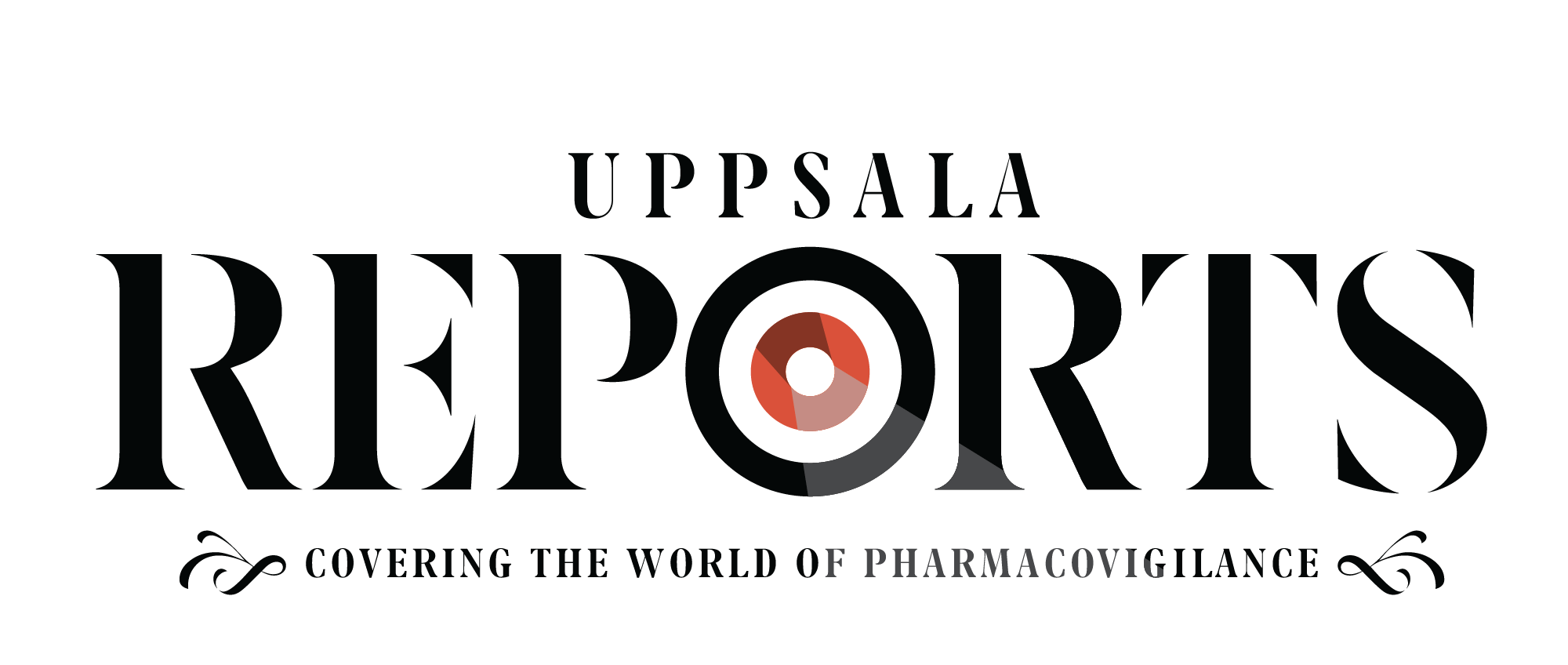
Three questions on… desogestrel and panic attacks
UMC’s Research pharmacist Sarah Watson explains the significance of a recently published signal that links contraceptive drug desogestrel to panic attacks.









